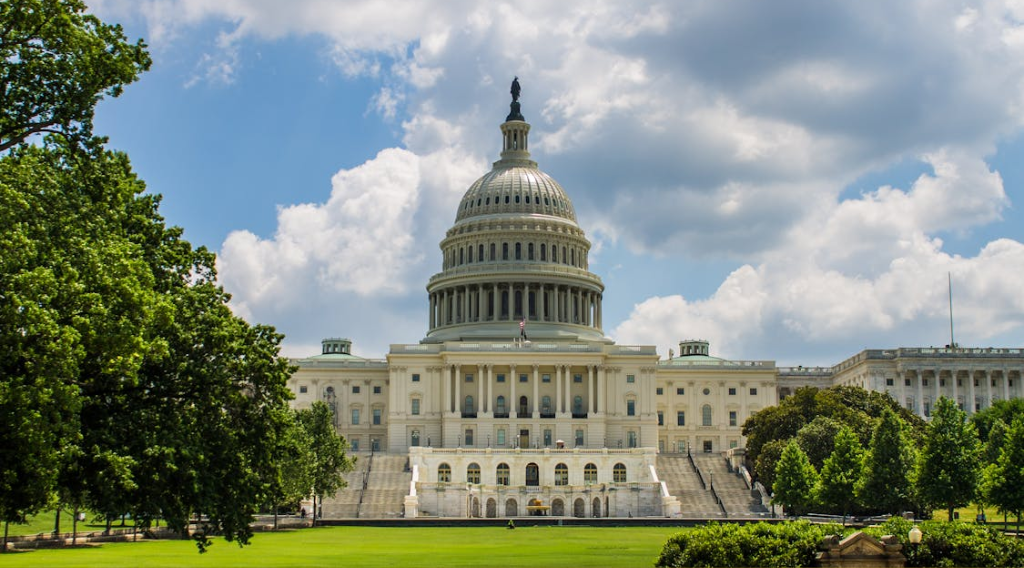
We need federal and state policies to support carbon management technologies essential to reducing planet-warming carbon emissions in the atmosphere. In a 2023 Federal Policy Blueprint released April 24, the Carbon Capture Coalition outlines a road map on how the 118th Congress can support responsible scale-up of the carbon management industry to accomplish this. Convened by the Great Plains Institute, the more than 100 Carbon Capture Coalition members spanning industry, labor, conservation, environmental policy, and nonprofit organizations joined together to create this consensus-based federal road map.
With the support of common-sense policies and regulations, carbon management technologies— including the capture, removal, reuse, storage, and transport of carbon dioxide (CO2) and carbon monoxide (CO)—can play an instrumental role in reaching midcentury net-zero targets.
Building momentum for carbon management in federal legislation
In the last few years, the federal government has ramped up momentum for carbon management by enacting the most forward-looking policies in the world, such as the Inflation Reduction Act and Bipartisan Infrastructure Law. The 118th Congress has an opportunity to seize this momentum and continue to position the United States as a leader in developing and deploying carbon management technologies.
Responsible deployment of safe, proven, and effective carbon management technologies supports and expands a high-wage jobs base, domestic manufacturing, and energy production across the country. The technologies also create a pathway to reduce carbon emissions from hard-to-decarbonize industrial sectors. The captured carbon emissions can be reused in valuable products or securely stored in appropriate underground geologic sites.
118th Congress priorities for responsible carbon management deployment
The blueprint includes comprehensive, pragmatic recommendations for deploying these technologies rapidly and responsibly (list adapted from the coalition’s release):
- Ensuring proper federal-level implementation of the recently enacted supportive policy ecosystem for carbon management.
- Coordinating federal actions to implement policies and mechanisms that further ensure project development benefits flow to affected communities and workers.
- Enacting demand-side policies to incentivize commercial production of products and services sourced from the broad array of carbon management industries.
- Providing federal resources for developing less commercially mature and next-generation carbon management technologies.
- Strengthening the available portfolio of federal policy support with complementary policies to existing laws and programs.
- Using timely and coordinated federal action to enable the appropriate transport and storage of CO2.
Through the Carbon Capture Coalition’s blueprint recommendations, the federal government can provide resources for deploying next-generation technology, make small-scale adjustments to the 45Q tax credit to encourage investment certainty in carbon management projects, and ensure that the infrastructure needed to transport and store captured CO2 can responsibly scale at the rapid speed needed to meet anticipated demand and achieve climate goals.
Read the Carbon Capture Coalition’s 2023 Federal Policy Blueprint.


